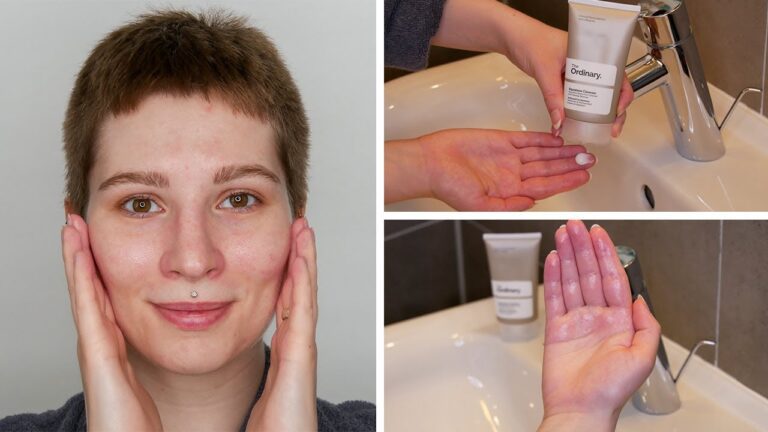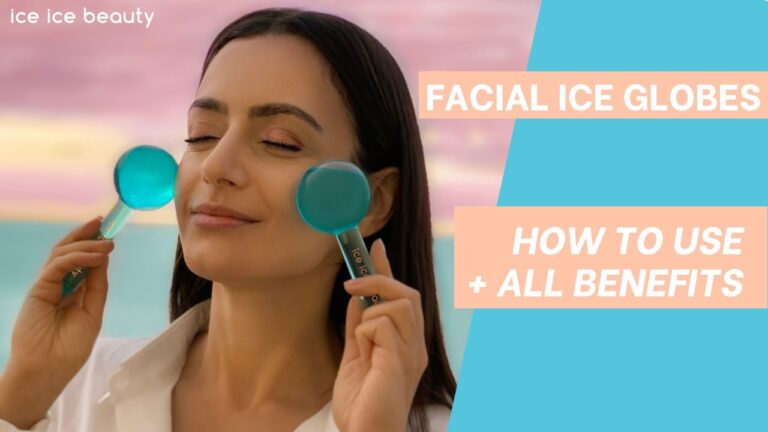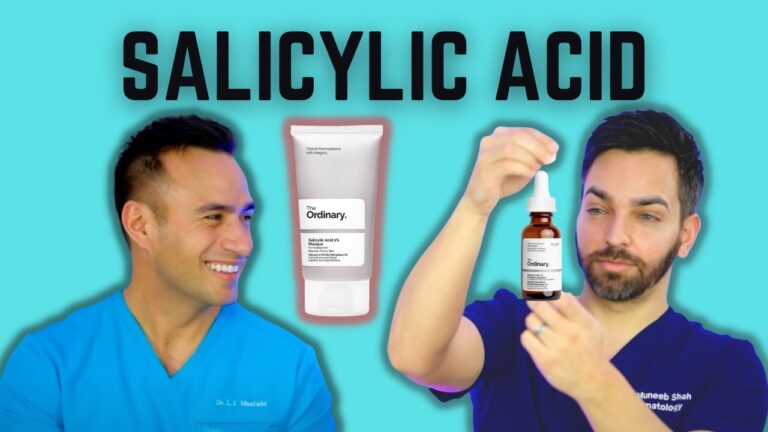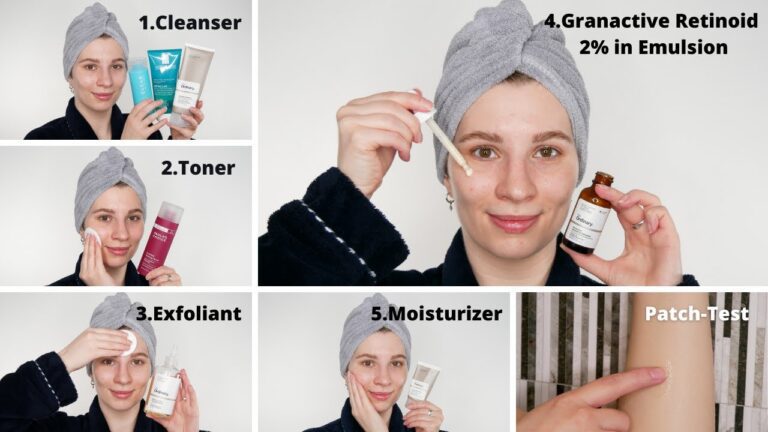How to Control Niacin Breakout Effectively: A Comprehensive Guide
Niacin Breakout
Niacin or vitamin B3 is an essential nutrient that plays a vital role in maintaining our overall health. It helps in converting the food we eat into energy, supports the proper functioning of the nervous system, and improves skin health. However, in some cases, taking niacin supplements can lead to a niacin breakout, which can be quite uncomfortable and unsightly.
A niacin breakout refers to a skin reaction that occurs when you take an excessive amount of niacin in supplement form. This reaction is usually temporary and harmless, but it can cause redness, itching, and a sensation of warmth or burning on the skin. In some cases, the skin may also become swollen and develop small, fluid-filled bumps.
Niacin breakouts are most commonly associated with the use of niacin supplements to lower cholesterol levels. Niacin works by lowering the levels of bad cholesterol (LDL) and triglycerides in the blood while raising the levels of good cholesterol (HDL). However, taking high doses of niacin can lead to a niacin flush, which can cause the skin to become red and itchy.
While niacin breakouts are generally harmless, they can be quite uncomfortable. Fortunately, there are a few things that you can do to ease the symptoms and prevent the breakouts from recurring.
Firstly, you should ensure that you are taking the correct dosage of niacin. It is crucial to follow the recommended dosage guidelines for any niacin supplement you take. Gradually increasing your niacin intake can help your body get used to it and minimize the risk of a breakout.
Secondly, you should take your niacin supplements after a meal to reduce the risk of a niacin breakout. Taking niacin on an empty stomach can increase the risk of a flush, which can aggravate skin reactions.
Thirdly, you can try using topical creams or ointments to ease the symptoms of a niacin breakout. Topical products containing aloe vera, oatmeal, or chamomile can help soothe the skin and reduce inflammation.
Lastly, if you experience severe or persistent symptoms of a niacin breakout, you should consult a healthcare professional. They can advise you on the best course of action to manage your symptoms and identify any underlying conditions that may be contributing to the outbreak.
Although niacin breakouts can be uncomfortable and unsightly, they are generally not a cause for concern. By taking the recommended dosage of niacin supplements, taking them after a meal, and using topical creams or ointments to manage symptoms, you can minimize the risk of developing a breakout. Additionally, if you experience persistent symptoms, speak with your healthcare professional for proper medical advice.
Product Mentioned:
– NiacinMax
Preventing a Niacin Breakout
There are a few things to bear in mind if you are at risk of developing a niacin breakout. Firstly, you should ensure that you are taking the recommended dosage of niacin supplements. Gradually increasing your niacin intake can help your body adjust to it and reduce the risk of a breakout.
Secondly, you should always take your niacin supplement after eating. Taking niacin on an empty stomach can increase the risk of a niacin flush and aggravate skin reactions.
Lastly, you can consider switching to a slow-releasing niacin supplement. These supplements release niacin more slowly into the bloodstream, reducing the risk of a flush or breakout.
Treatment for a Niacin Breakout
If you experience a niacin breakout, there are a few things you can do to manage the symptoms. Firstly, you can try using topical creams or ointments that contain aloe vera or oatmeal. These ingredients can help soothe the skin and reduce inflammation.
If your symptoms persist, your healthcare professional may prescribe a topical steroid cream or an oral antihistamine. These medications can help reduce skin inflammation and relieve itching.
Finally, it is important to avoid taking high doses of niacin in supplement form unless prescribed by a healthcare professional. Gradually increasing your niacin intake and taking it after a meal can help minimize the risk of a niacin breakout.
Conclusion
Niacin is an essential nutrient that plays a crucial role in maintaining good health. However, taking niacin supplements can lead to a niacin breakout, which can be uncomfortable and unsightly. By following the recommended dosage guidelines, taking niacin after eating, and using topical creams or ointments to manage symptoms, you can minimize the risk of a niacin breakout. Additionally, if you experience persistent symptoms, speak with your healthcare professional for proper medical advice.
Most searched products:
Does Sephora Support Israel? Answering Your Questions
Benefits of Using Glycolic Acid for Dandruff Treatment
Get Thick & Luscious Lashes With Sins N Lashes Serum: Our Honest Review!
The Explosive Reaction: Sodium Hydroxide and Hydrochloric Acid
Capsaicin Cream Boots
The Ultimate Guide to The Ordinary Alpha Arbutin 2% + HA for Flawless Skin
Niod Fecc: Unveiling the Science Behind this Revolutionary Skincare Ingredient
Top Body Shop Hair Care Products for Healthier and Glossier Hair
Unlock the Secrets to Glowing Skin with These Natural Skin Moisturizers
Discovering the Origins of Original Skin: Unveiling the Secrets of Radiant Beauty












